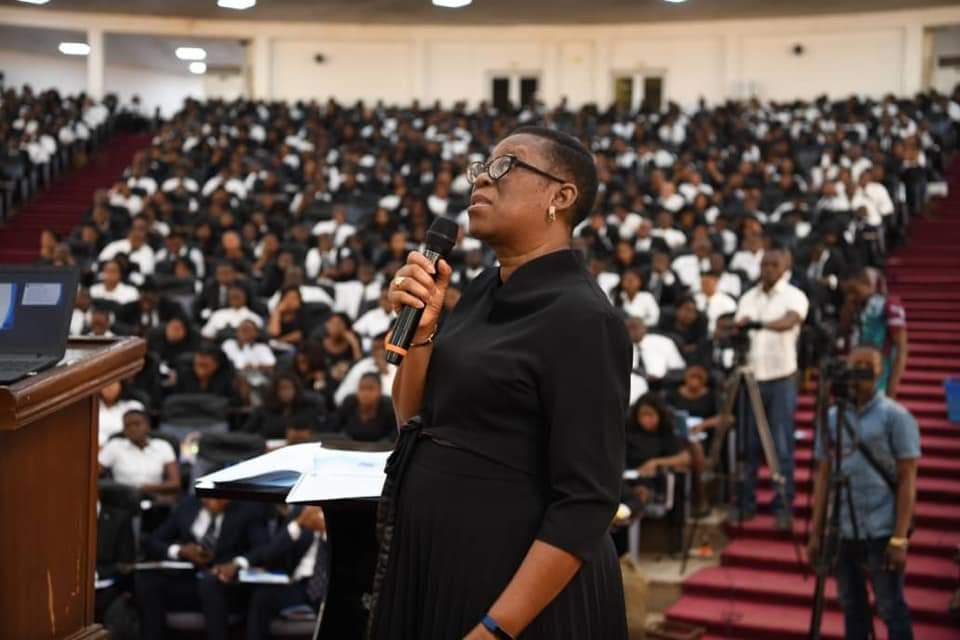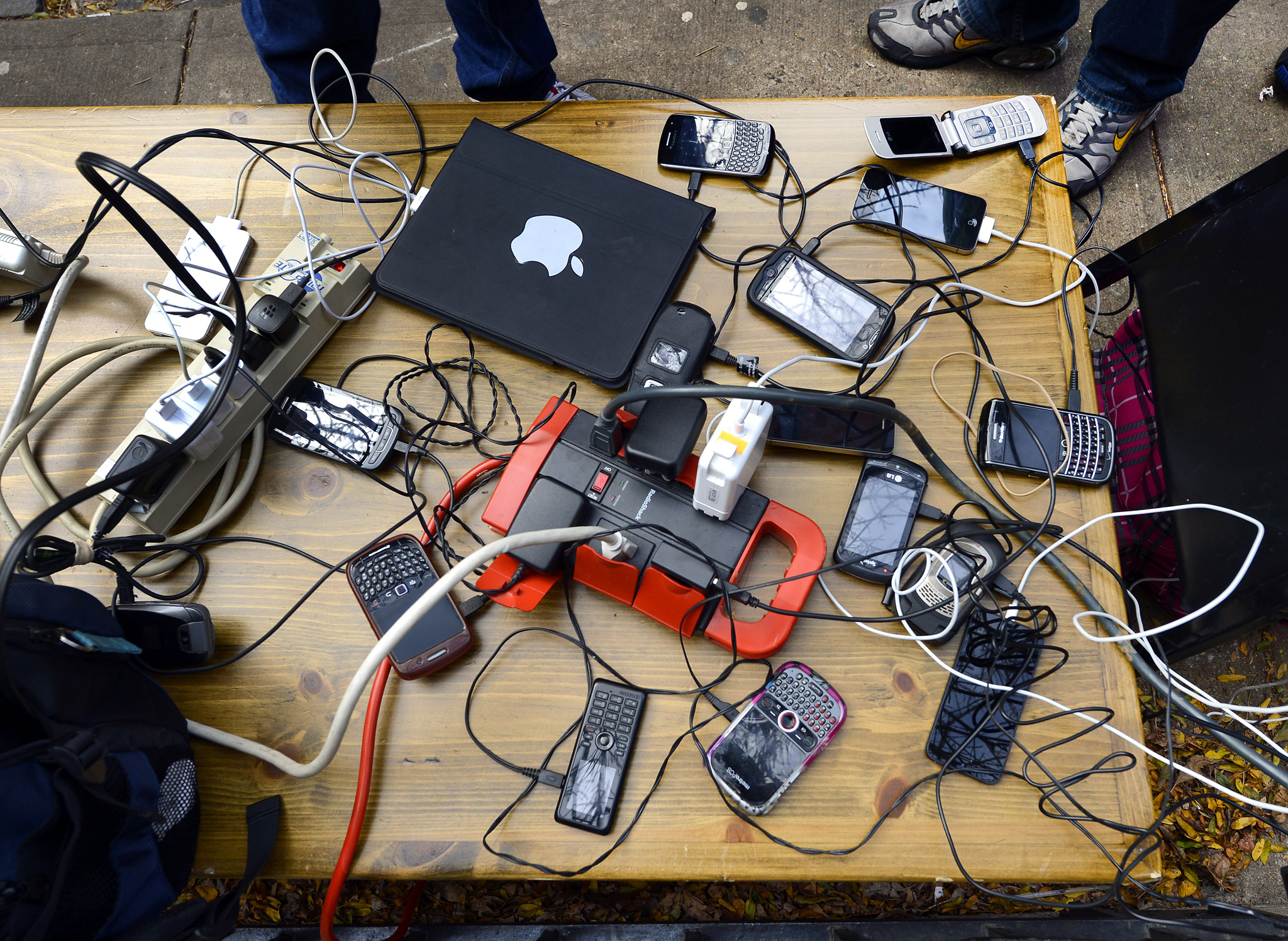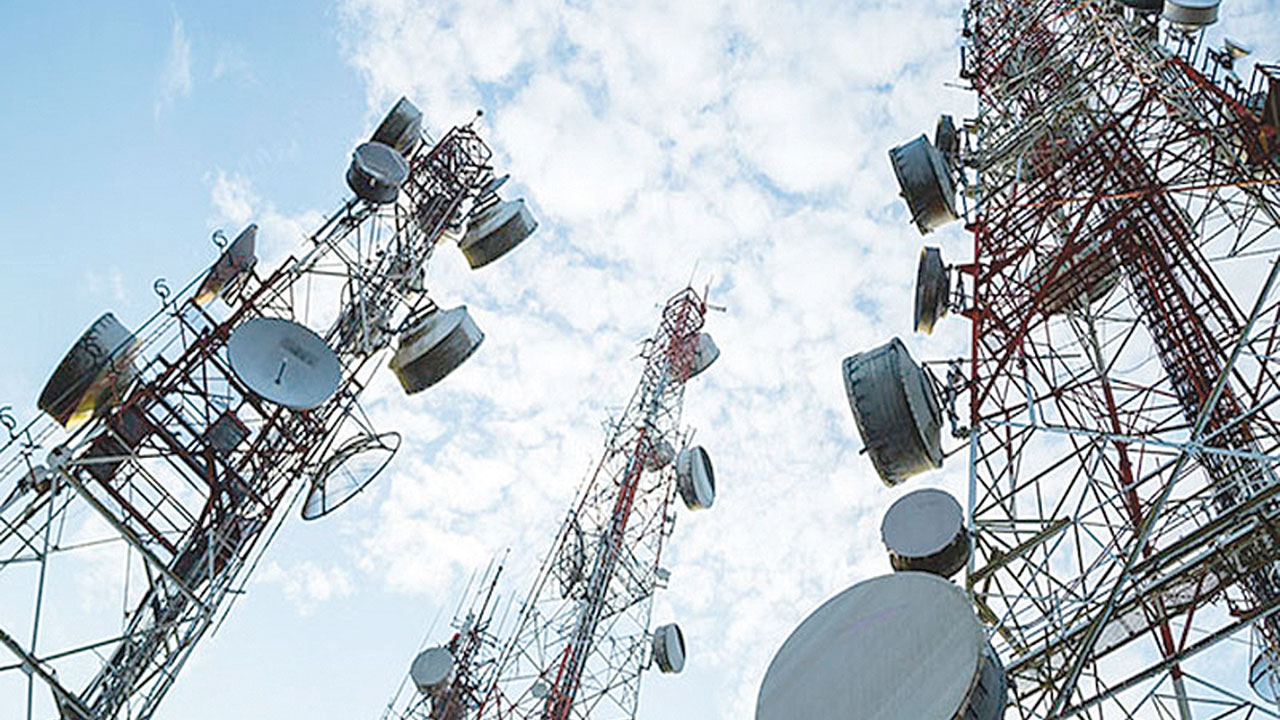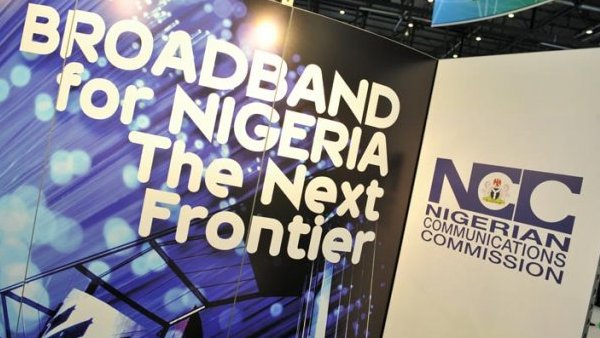By Okoh Aihe
Twin evils in the telecommunications industry are regulatory capture and multiple taxations. Even in developed economies, they constitute a major bogey and operators are frenetic when the phrases are thrown about. This explains why organisers of global telecommunications events like the ITU World and the Mobile World Congress, among others, would usually allocate generous time to address these issues.
And governments and regulators across the world are wooed to attend in order to acquaint themselves with the latest information. Yet, the problems remain; very stubborn, like the fly in the rural setting, the more you hit them the more they come. Very recalcitrant.
On the surface, the bigger threat is multiple taxation, a situation that evolves when governments at the various levels, from the federal through states to the council areas, and in some queer cases ‘area boys’ – the notorious lords of the local environment – introduce a cocktail of levies in order to make more money from operators for the erroneous impression that telecom operators have an open pipe of cash that can never be threatened no matter the pressure.
On the other hand, regulatory capture smacks of influence on the regulator by higher authorities, individuals or governments usually for very selfish purposes, beyond the public good. WikiLeaks explains it very succinctly: Regulatory capture (also client politics) is a corruption of authority that occurs when a political entity, policymaker, or regulatory agency is co-opted to serve the commercial, ideological, or political interests of a minor constituency, such as a particular geographic area, industry, profession, or ideological group.
When regulatory capture occurs, a special interest is prioritized over the general interests of the public, leading to a net loss for society. Government agencies suffering regulatory capture are called captured agencies.
Regulatory capture is a devious feature of government-regulated industries like water, energy and telecommunications. Regulatory capture does not mean well for any industry and should not be tolerated under any guise; this shall be explained at the later part of this material.
Now if the truth makes you comfortable, telecom operators in Nigeria pay federal taxes; they pay state taxes; they pay local government taxes; and wait for this, they must also pay taxes to ‘area boys’ whose punishment can be more severe as they can stop any operator from even deploying services. Sitting by my side in one international programme one gentleman chuckled to my hearing: ‘I have worked in Cuba and in the Philippines, it is terrible over there.’ The only strange addition in our part of the word is the ‘area boy’ malaise which is exacerbated by the economic flux, a dearth of job availability which is making even the best turn delinquent and roguish.
Multiple taxation can be debilitating in its sucker punch. Although the sucker punch is an unexpected blow that takes you to the ground immediately, multiple taxation will come in trickles, in strands, and settle down over a time to overwhelm your business. One can testify that the regulator in Nigeria, the Nigerian Communications Commission (NCC), has applied every ingenuity to help fight this evil but success has been very elusive because the perpetrators are insistent and very consistent in their pursuit. Governments are desperate to find cash to provide some services and those with the similitude of affordability must have to respond. With the unfolding situation in the economy before our very eyes, the desperation may soon hit boiling point; governments will either have to apply a leash on the search for cash or asphyxiate businesses to death with tax overload.
This returns me to the title of this piece, Telecoms in a season of Regulatory Capture.
Regulatory capture is one hidden killer of businesses across the globe with the danger more manifest and potent in developing economies. Part of the blood that feeds this evil comes from the fact that operators in an environment like ours are too afraid to speak about government meddlesomeness or invidious interventions in their businesses. In the words of venerated writer, Femi Osofisan, they ‘accept defeat as their fate’ out of the fear that every little protestation to, or disagreement with government may attract sanctions from the authority, including withdrawal of operating license.
The impotence of defeat derives from the defeated underestimating his value or the value of his services to the society.
For years Regulatory capture didn’t mean anything to anybody from the telecoms regulatory agency of Nigeria. They walked with their heads in the air, like the typical black man in Aiyi Kwei Armah’s Fragments who can only come from Nigeria or Ghana and walks with a gait anywhere in the world. The Nigerian regulator was the world and caused the world to listen to his voice.
However, the source of the sprightliness of the Nigerian regulator derived from a very strong document, the Nigerian Communications Act 2003 which clearly defined responsibilities and strength of an independent regulator put in place by a government desirable of attracting international recognition, acceptance and investment in a sector generally taken as an enabler of modern development. Little wonder that what happened in the telecommunications industry in Nigeria has never been repeated in any other industry in the country or anywhere in Africa.
Investments run into tens of billions of dollars. The industry provides some of the best jobs in the country and supplies the oxygen that powers our creative industry. In defiance of practices of yore, people are connected across the land to the extent that even the conservative banking sector can become the unrepentant ventriloquist of inclusive banking consequent upon the superstructure provided by the telecoms industry.
A primary object of the Nigerian Communications Act is: to establish a regulatory framework for the Nigerian communications industry and for this purpose to create an effective, impartial and independent regulatory authority.
To forestall every anticipated opportunity of a capture, the Act defines the relationship between the regulator and the Ministry of Communications headed by a Minister, who is an appointee of the President. The relationship enunciated under the Functions of the Minister mostly bothers on policy issues and international representation of government. The Act insulates the Commission from every external encumbrances and wilful interventions.
The Act is the fuel that powered the telecommunications industry of Nigeria. The document gave assurances and indemnity to local and international investors. The regulatory independence was what excited the ITU which made
Nigeria a case study and reference point for peer study opportunities.
However, recent direct orders to, and interventions in the activities of the NCC by the Minister of Communications and Digital Economy has put to question the independence of the regulator and its ability to continue to superintend the sector going forward. Some of these depressing developments in the industry which surprisingly have elicited conspiratorial silence from the usually vociferous stakeholders, are a painful pointer that there is something going very wrong with a sector that will soon become a receding poster boy of the country’s economy if something is not done urgently.
It is a deserved prayer here that people of goodwill and love for the industry including the National Assembly should take urgent measures to redeem the industry from supervening individual whims and caprices and spare the country from becoming an investment pariah.
More than ever before Nigeria needs the attention of the international community and the investing public to look more generously at the attractive investment opportunities in the telecommunications industry instead of engaging in activities that will put them at bay. Sometimes these actions emanate from insipid overzealousness but their results can be very devastating.
It is perhaps for the danger it poses that experts, including the Nobel laureate economist George Stigler have canvassed the need for a regulatory agency to be protected from outside influence as much as possible even as they also stated quite clearly that “a captured regulatory agency is often worse than no regulation, because it wields the authority of government.”
The GSMA, a trade body that represents the interests of mobile operators worldwide, including nearly 800 operators with more than 400 companies in the broader mobile ecosystem, in a 2016 research by NERA Economic Consulting, titled: A New Regulatory Framework for the Digital Ecosystem, observed that the industry was already contributing over $3 trillion to the global economy annually, supporting 25 million jobs and enabling growth across all sectors of the economy. With 3.8 billion mobile users at the time and about 700 million more expected to connect by 2020 the contributions of the sector to the global economy would be much more.
In a global ecosystem where finances are struggling for the best investing environment, nobody or rather no country trifles or gambles away the opportunity to grow a low hanging opportunity like the telecommunications sector by permitting certain actions that certainly wear the odium of regulatory capture.
The more obvious danger is that regulatory capture destroys investors’ confidence in a sector and pressure operators to put further investments on hold while holding the regulator’s impotence to shame and ridicule in the eyes of the public. The other more damaging aspect which escapes attention always is that happenings in one sector are keenly watched by investors in the larger economy who will often use the regulatory capture of one industry to measure a government’s sinister attitude to protecting other people’s money beyond selfish manifestations. A domino effect will happen and investors will scramble to safe havens, away from one country’s claim to vacuous importance.
Okoh Aihe writes from Abuja



